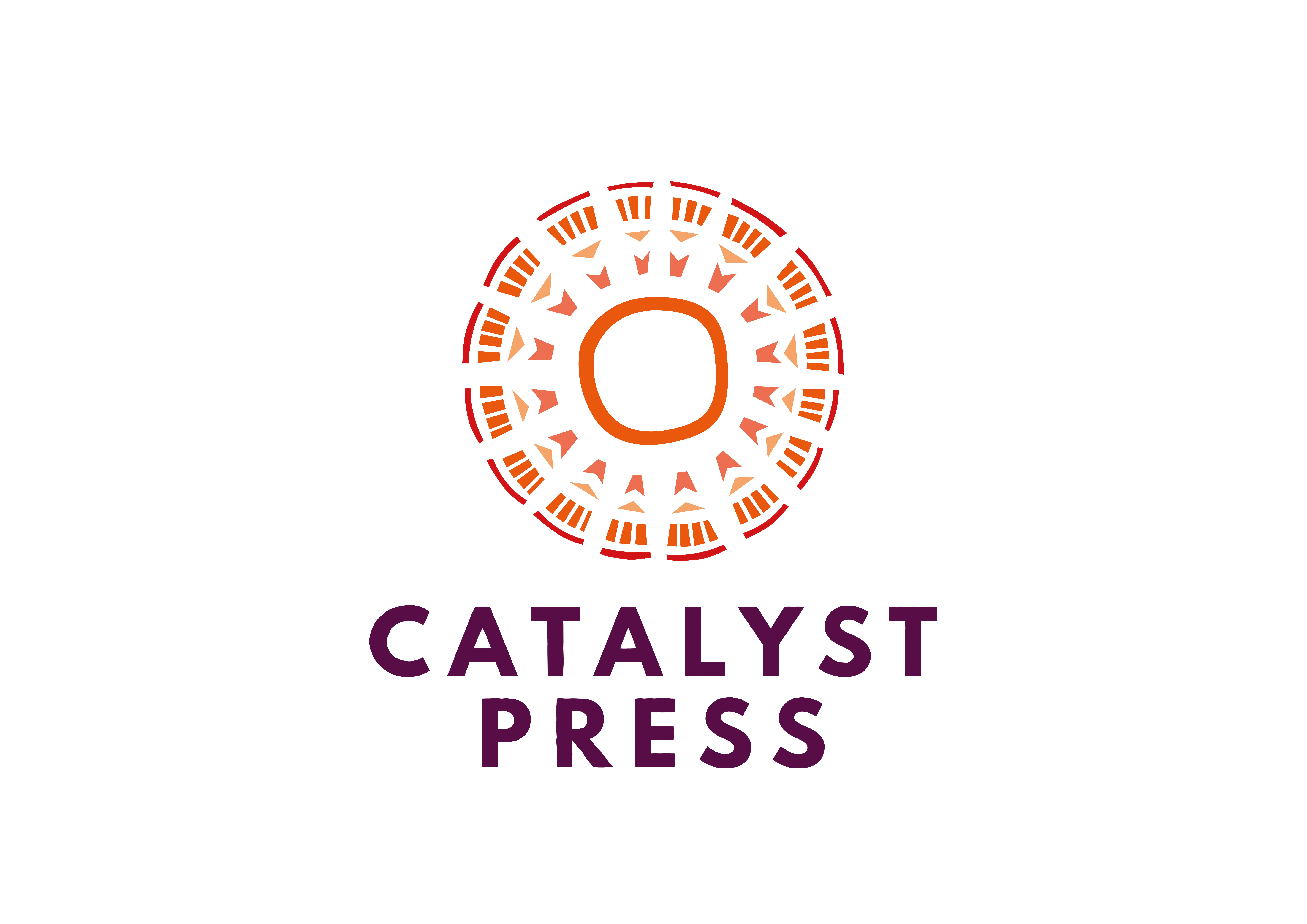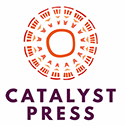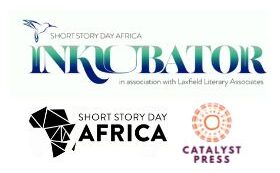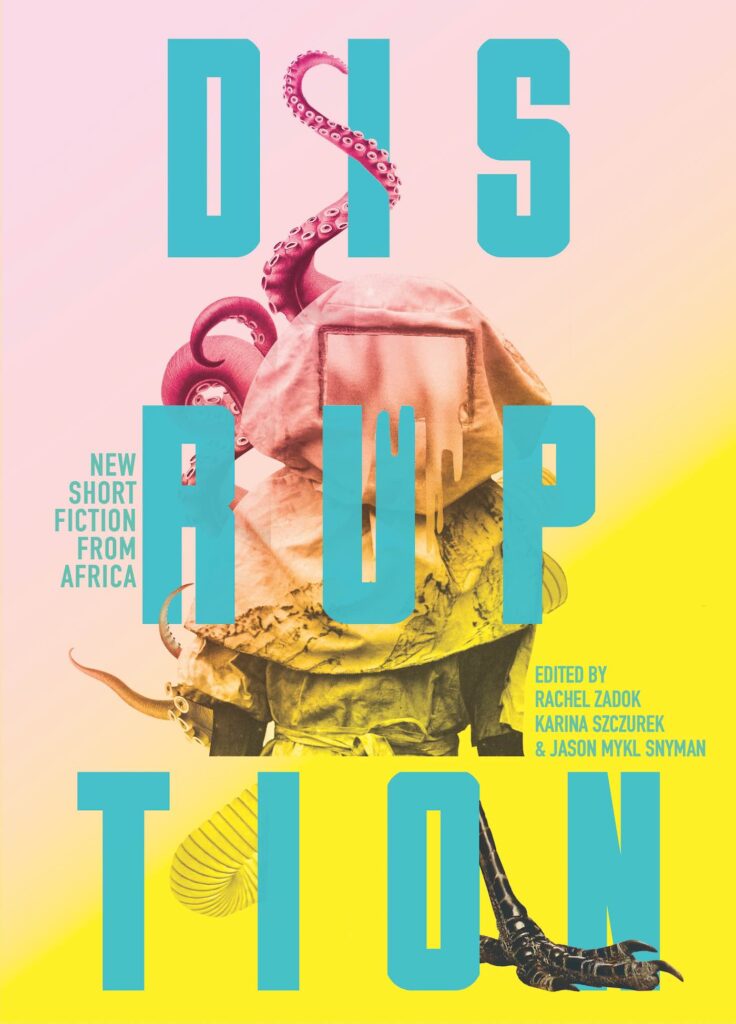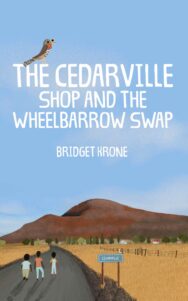While our authors make us special, without SarahBelle Selig and Izak de Vries as part of our team, Catalyst Press would be missing a huge part of its heart and soul. While our U.S. team members keep things humming a world away, these two have made us a truly international company. Whether through their connections with South Africa’s literary community, or with the kind of personal touch that only comes from a face-to-face meeting, they have helped build Catalyst South Africa into, what we hope, is a part of the local reading scene. We couldn’t do any of this without them. Ashawnta Jackson, a U.S.-based Catalyst team member, chatted to the pair about their work.

SarahBelle, can you tell us a bit about your role at Catalyst? What is the South African branch up to?
Specifically in South Africa, I’ve got a bit of a liaison role, which means I’m working face to face with our local authors, our South African distributor, and the many great booksellers and educators we’re connected with here. Izak and I also tag team our local publicity: everything from getting reviews for our authors in South African media, to getting them on panels at festivals.
We’re having so much fun at Catalyst South Africa these days! We’ve ramped up our events, from book launches and comics workshops, to author readings at local school libraries and even a beach cleanup. We hosted a booth at the inaugural Comic Con Cape Town to show off our amazing line up of African graphic novels and to connect with readers. We’re busy prepping the release of our first ever Afrikaans book for kids, and we’re actively building out our relationships with local nonprofits, bookstores, and schools. The Catalyst office is definitely the most active here that it’s ever been, I’d say.
Continue reading “Catalyst South Africa: Q&A with SarahBelle Selig & Izak de Vries”